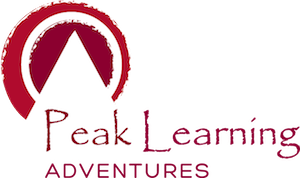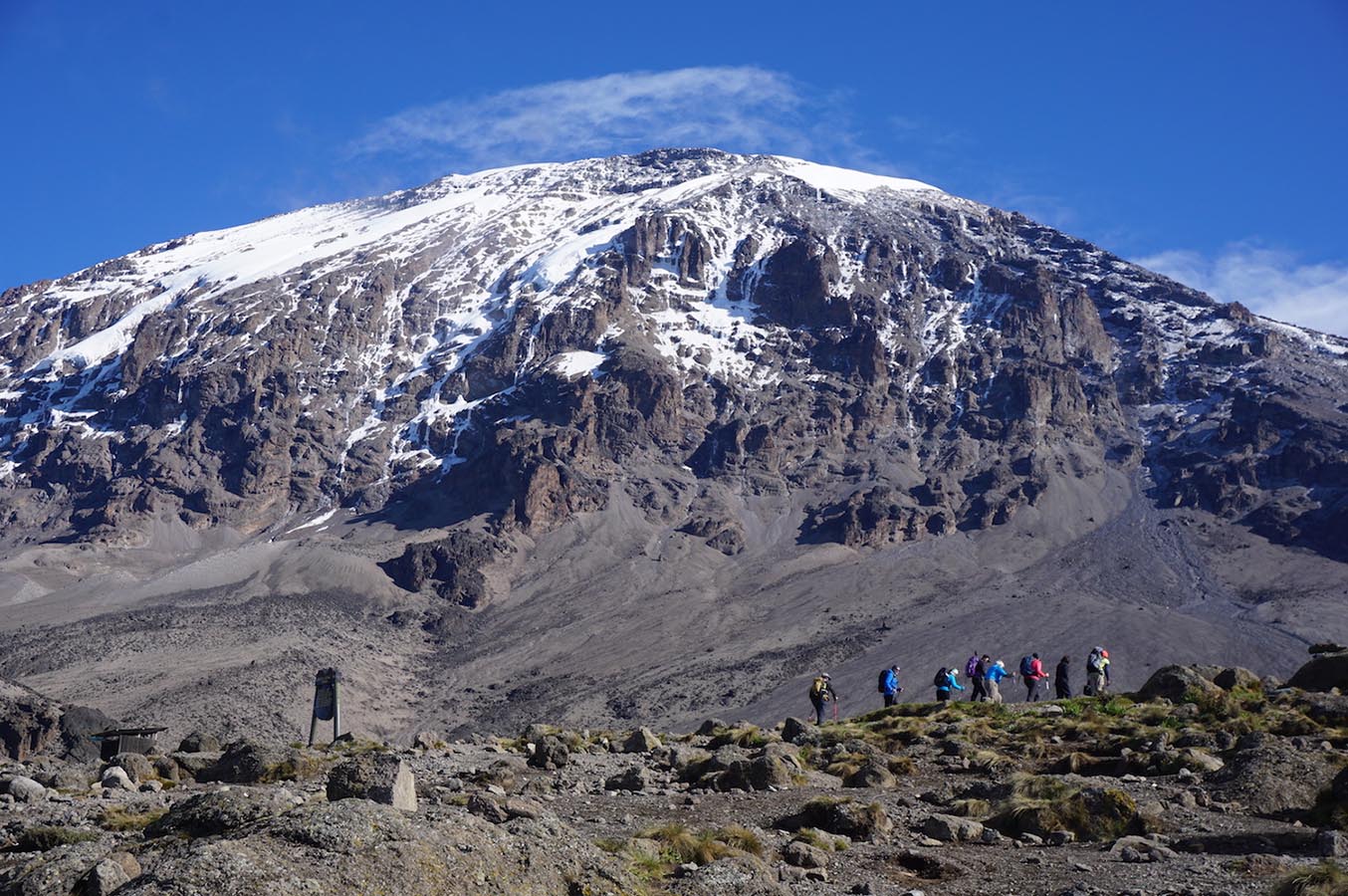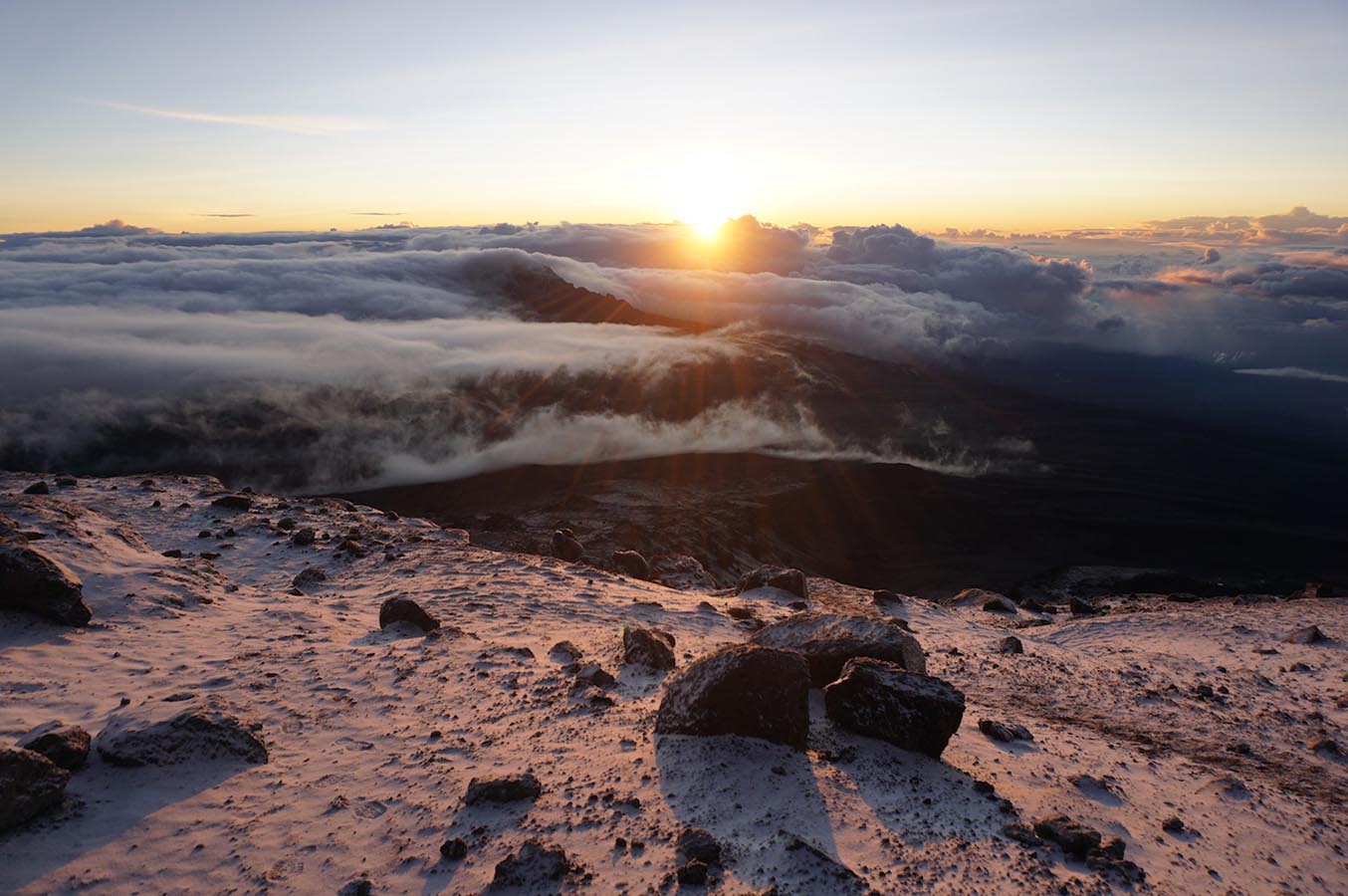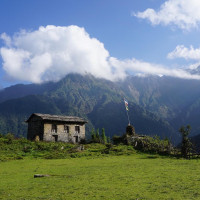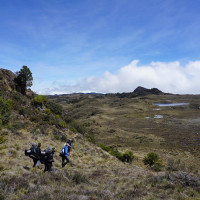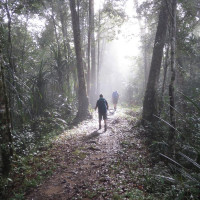Haven’t you always wanted to go to Africa? All those fabulous animals, the impressive scenery, the wide expanse of sky above flat-topped acacias, the snow-topped summit of Mt Kilimanjaro, diverse cultures, fascinating history, and the wonders of the Rift Valley, acknowledged by many as the cradle of mankind. So many great reasons to go!
Only 340 km south of the equator, Mt Kilimanjaro is Tanzania’s No 1 landmark. It is the highest free-standing mountain in the world, and its summit — Kibo — marks Africa’s highest point. Amidst breathtaking seclusion, the two peaks — Kibo (5895m) and Mawenzi (5149m) — rise up from a 40 km, long, gigantic massif east of the Shira Plateau.
While climbing Mt Kilimanjaro, you travel through all of the climatic zones found on earth, with a temperature range of +30 C at the base of the mountain to -20 C on the summit.
The five zones you encounter are as follows:
- Cultivation zone (800-1800m)
- Montane forest (1800 – 2800m)
- Heath and moorland (2800 – 4000m)
- Alpine desert (4000-5000m)
- Ice cap with remnants of glaciers (5000m upwards)
What are the challenges to climbing Mt Kilimanjaro?
Climbing Mt Kilimanjaro is technically straightforward, with the Rongai route (and descent via the Marangu route) being only 63 km long in total. The challenge on Mt Kilimanjaro is the significant elevation gained in six days, from 1900 metres to just under 6000 metres. This poses a significant acclimatisation issue that results in 10-20 deaths per year and an overall 60% summiting success rate.
Peak Learning Adventures prides itself in a well-managed acclimatisation plan and health monitoring regime, along with the enormous experience that comes with having some of Australia’s best guides. Our proven formula has so far led to an almost 100% summit success rate.
The level of support provided on this adventure means that even those with little prior experience can enjoy walking with only a daypack, sitting down to good meals prepared by the local staff, and settling down in your tent to relax and regain your strength after each day’s walk. We take the time to trek, allowing our bodies to acclimatise to the rarefied air of nearly 6000 metres. We aim to allow you to stretch your boundaries safely with excellent support systems in place.
Extra activities
Peak Learning Adventures also offer extras that can be added to the core program of climbing Mt Kilimanjaro, including:
- Wildlife safari
- Zanzibar
- Climb Mt Meru
9 different treks
Trek Dates
- Mt Kilimanjaro: 24 Nov-3 Dec 24
- Mt Aconcagua: 7-24 Jan 25
- Hannels Spur: 10-12 Jan 25
- Ten Peaks: 21-25 Mar 25
- Blue Mountains: 28 Mar-1 Apr 25
- Mt Victoria, PNG: 7-22 Jun 25
- Kokoda: 16-27 Jul 25
- Kokoda:11-22 Oct 25
- Everest 3 Passes: 11 Oct-1 Nov 25
- Dolpo, Nepal: 11 Oct-6 Nov 25
